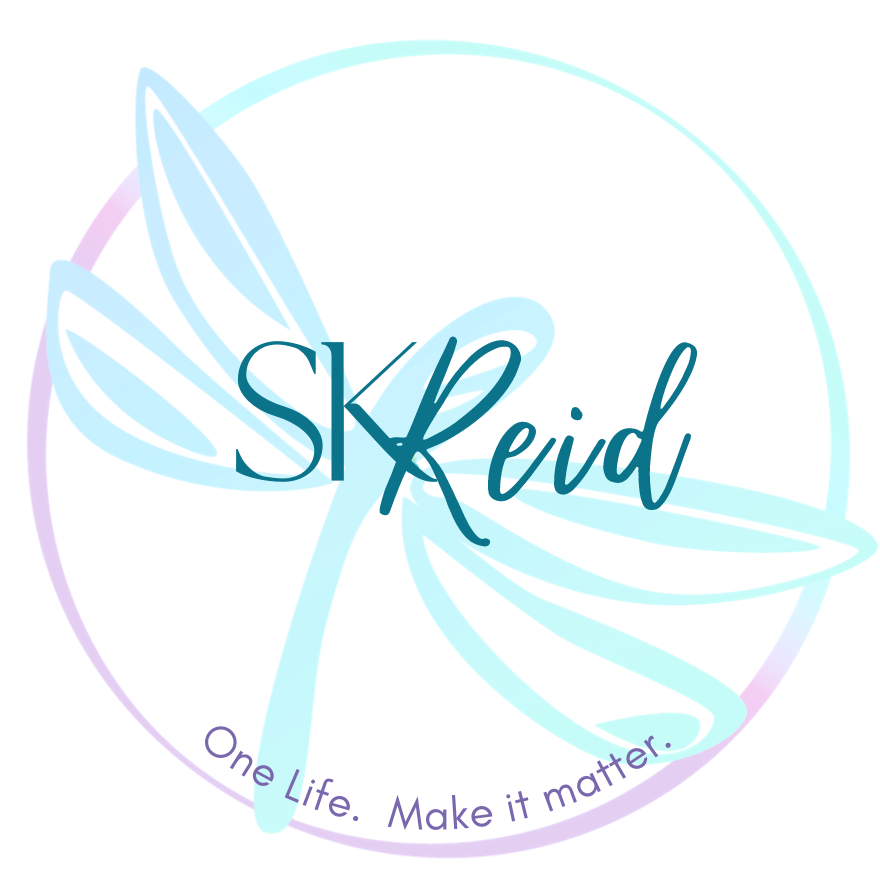Hello Reader!
I am running a series of blogs that I have posted to my Google Blogger site over the years.
I originally came to the business of writing after the death of my first husband. This lead me to my first book, After Life, After You which was published in 2010.
It’s so gratifying to see the dialogue around sensitive topics of grief and bereavement find greater acceptance in mainstream culture. For the longest time, this was not the case.
I kept the rejection letter from Hay House for my submission for this book stating that people weren't interested in grief, loss, bereavement, and death. History shows, on the contrary, that in fact there has been a great need for and interest in this material. Everyone dies. Everyone experiences loss and grief. And to this day, in spite of a greater acceptance for those difficult conversations about loss and grief, many people suffer in silence. In fact, research shows that grief can be compounded by silence and misunderstanding which sometimes sows the seeds for the development of prolonged and complicated grief.
It is in the spirit of healthy conversations around loss and grief, I am sharing here with readers some of my work from years past. It is my hope that together we can keep the conversations going so that nobody need suffer in silence.
The following blog post was originally posted on blogger in 2015.
THE LANGUAGE OF LOSS
A funny thing happened after my first husband died. I had dropped into the church where we had been married - the same church, coincidentally, where Mum and Dad were married, and where we held Dad's funeral. I went to the church in search of solace and quiet. On my way across the car park, I was greeted by the Vicars' wife who, after I mentioned the recent sudden death, pronounced in no uncertain terms that "It must be a blessed relief!" To this day I am still gobsmacked at her words. It matters not that no harm was intended. The significance remains as to the inappropriate nature of what was said to someone who was deeply hurting from recent loss.
It reminds me of another time some incredibly inappropriate words were directed my way. I had just lost my baby and was in hospital to have a minor, post-miscarriage procedure. Needless to say, this was an excruciatingly emotionally painful time. The hospital chaplain came to do a welfare check not long after I had woken from the anesthetic slumber, a visit presumably in accordance with the nature of the occasion. We were discussing grief and the impact loss can have on our emotional well-being. She then said something to me that completely took me by surprise, adding fresh hurt to my still-raw emotions. She told me that the reason she was late (not that I had been aware of her being late) was that she had been visiting her friend in a ward upstairs. Her friend had just given birth to a baby and she was keen to tell me how exciting this news was and how thrilled she was for her friend. It seemed that my loss was lost on her and the purpose for her visit forgotten. 'Ineptitude' is a word that springs to mind.
The sting may have left the words, but the stain lingers. Encounters such as these highlight the occasionally treacherous terrain of finding the right words to say when someone is suffering. As difficult as it may be at times, you can guarantee that it is a lot more difficult for the person who is in pain. Sometimes, another person's pain may trigger our own fears of illness or loss. And an easy response is distance or denial. Make like everything is okay. Normal. Fine. How is this crazy weather these days? Less proximity perhaps makes for easier encounters. But does it?
The worst thing to do in response to the suffering of another is minimise their experience or their grief. "Things happen for a reason" is one of those easily trotted-out catchphrases that, in essence, obliterates the significance of the pain of the other and does nothing to ease their suffering.
"I had a miscarriage. I know what it's like. I know how you feel," says the woman with several children to the woman with none. Not for one minute wishing to diminish the significance of this unspeakable loss, nor the lose sight of the implied connection, there is a difference. There is both a bond - in loss - and a distinction: having children and not enduring the difficulty of IVF keenly marks this divergence.
Interestingly, in another exchange with a friend who had also been devastated by the loss of a baby, a more holistic and sensitive acknowledgment of the suffering of the other is revealed:
"I'm so sorry for your loss. I can't imagine how you must feel."
This simple acknowledgment of another's grief can be powerful sustenance for the one who is in pain. It also casts light into the darkness of grief and softens the alienation of loss by the gentle affirmation of a shared humanity.
Grief has a universality about it but is also unique and individual (Reid, 2010). Unless we have walked in another's shoes, perhaps we can never really understand what it is our friend, colleague, or family member is feeling. And even then, it can only ever be similar, never the same:
Sometimes the prism through which we see the world around us obscures what is right in front of us. There may be suffering staring at us in the face only we can't see to because of our own preoccupations and the distractions of everyday life.
Understandably.
But to do so may foster an environment ripe for insensitivity, allowing unchecked assumptions about what someone is going through to shape the direction a conversation may take. Sometimes to the detriment of the one in pain, with potential ripple effects that echo long after the exchange has ended. Active compassion and empathy can go some way to alleviate this potential divide.
Small talk can be okay but can also be tricky. Small talk may be appropriate for people who may need distraction at that particular time, but for others, this may be grossly insensitive. It completely depends on the context and individual. In the absence of a clear invitation to lighten the load with idle banter, it may be best left for another time. Nothing worse to sit in the company of someone who is terminally ill, for example, while a visitor regales them with stories of their own visit to hospitals and of sick people all the while ignoring the enormous elephant standing smack bang in the middle of the lounge room. Certainly, on this particular day, there was a sense of awkwardness in the encounter, with the storyteller unsure of what to say given the circumstances. Looking back, it was precious time perhaps frittered away with someone who was dying. It was a last visit and time that perhaps could have been better spent. Because you can't get that time back. And hiding from the fear of what was happening deprived both of them of a more truthful encounter and a better goodbye.
Sometimes the best thing to do is just to listen. To be there. To stand in the fullness of the difficulty of the moment and bear witness to the pain, vulnerability, and resilience of the humanity before you. There is great power and comfort in bearing witness, in bearing one's open heart and open arms to the plight of another. Both for the one who is in pain and for the one who offers the shoulder to lean on.
Next time the pain of another finds you in its midst, or you yourself are in need of more compassionate support, gently invite the elephant in the room into the conversation, if appropriate, and see what happens if you leave distance and denial at the door. You never know, you both may benefit from the encounter.
We would love for you to share your experiences with us in the comments section below.
For more information, please visit www.skreid.com.au. or join me on Facebook either at SK Reid Author, or After Life After You - https://www.facebook.com/After-Life-After-You-by-SK-Reid-320203246423/
©Copyright SK Reid All Rights Reserved

